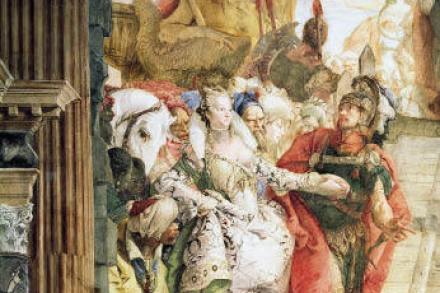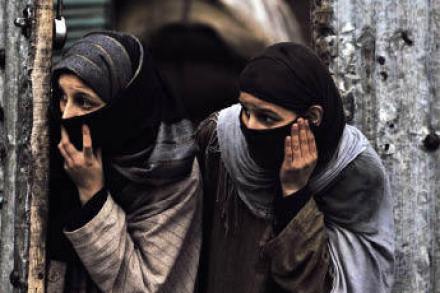Girls from the golden West
Who was the first American to marry an English duke? Most students of the peerage would say it was Consuelo Yzagna who married the eldest son of the Duke of Manchester in 1876. But the banjo-strumming Cuban American Consuelo was not the first Yankee duchess. As early as 1828 the American Louisa Caton married the eldest son of the Duke of Leeds. This was half a century before the dollar princesses, trading titles for cash, played havoc with Burke’s Peerage. Louisa and her sisters were the pioneers of the American invasion of London society. Their conquest was so successful, and they became so assimilated, that they left barely a ripple.















